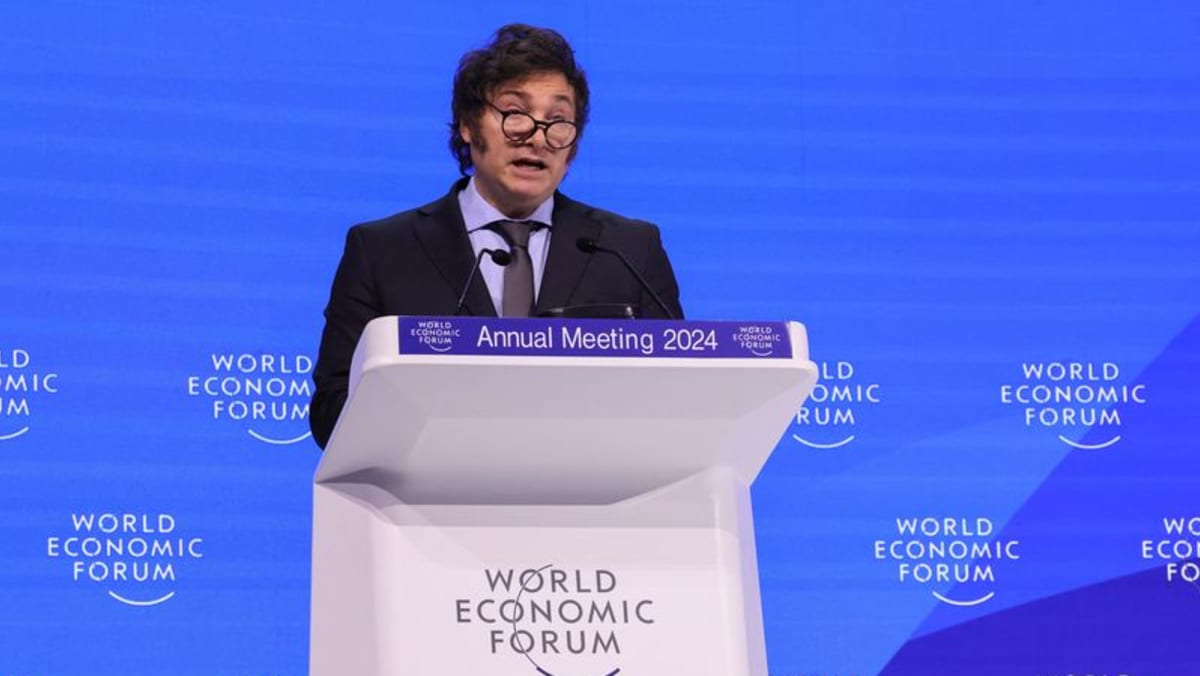Zuckerberg responded to the onslaught of grief with unusual candor, rising from his chair in an extraordinary moment to apologize.
“I’m sorry for everything you have all been through,” he said to families gathered in the hearing. “No one should have to go through the things that your families have suffered, and this is why we invested so much.”
The tense exchange punctuated an unusually poignant session that spanned nearly four hours as Zuckerberg, TikTok’s Shou Zi Chew, X’s Linda Yaccarino, Snap’s Evan Spiegel and Discord’s Jason Citron sought to reassure a skeptical Senate of their commitment to combating child exploitation online.
Congress has held dozens of hearings with tech executives in recent years, but the emotional session highlighted lawmakers’ increasing desperation — and willingness to wield the power of spectacle to galvanize efforts to pass new protections for children.
Kids’ online safety legislation has stagnated for years, and lawmakers flashed growing frustration on Wednesday over Congress’s glacial pace and inability to take action on the issue.
“There’s been so much talk at these hearings and popcorn throwing and the like, and I just want to get this stuff done,” said Sen. Amy Klobuchar (D-Minn.). “I’m so tired of this.”
Senators convened the hearing — focused on child sexual abuse material, or CSAM — amid a groundswell of support for stronger protections to prevent children from becoming exposed to harmful content online or addicted to major platforms.
Senate Judiciary Committee leaders said they hoped the hearing would help build momentum for a package of bills aimed at curbing child abuse material online, including by allowing victims to sue companies for facilitation and by making it more difficult for platforms to dismiss such lawsuits. The panel advanced the bills with broad bipartisan support in May, but the measures have since stalled with no clear timetable for them to be taken up in the full chamber.
While Congress has looked on, states have passed an array of laws to either require tech companies to build more stringent privacy and safety features into their products or to bar teens from accessing social media altogether unless they get their parents’ approval. But many of the most sweeping measures are facing legal challenges from the tech industry or have been halted in court, which child safety advocates say has underscored the need for congressional action.
Lawmakers acknowledged Wednesday that their own failure to act has contributed to the ongoing problems with child abuse on the internet. “Do we bear some of the blame? Absolutely,” Graham said after the hearing.
But he argued that with the support of those in attendance whose loved ones’ deaths were linked to the platforms, Congress could still help rectify the matter.
Before the hearing began, the families in the audience made their presence felt. Minutes before the CEOs appeared to testify, dozens of grief-stricken individuals held up pictures of family members and friends who have died, some by suicide, others after facing bullying or exposure to drugs online. The emotional show of force brought an otherwise rowdy hearing room into a silent standstill.
The parents, organized in a group called Parents for Safe Online Spaces, have been meeting with lawmakers on Capitol Hill to share stories of their children’s deaths, which were linked to online bullying, drug sales and online content about suicide.
Throughout the hearing, the families and other child safety advocates jeered as the executives sought to reassure lawmakers of their commitment to the issue and applauded as the Senators pledged to finally hold the companies accountable.
“To all those who held a photo today, if we’re able to be successful, your loved one did not die in vain,” Graham later told reporters. “My goal is to make sure that your suffering will end other people’s potential suffering.”
The session marked the first time several of the executives testified on Capitol Hill, including X’s Yaccarino. But lawmakers throughout the session repeatedly focused on Zuckerberg, who has appeared before Congress more than any other Silicon Valley chief over the past half-decade.
In his opening remarks, Zuckerberg touted investments in safety and recent policy changes to give parents more control over their children’s data, while calling on Congress to force app store giants — like Google and Apple — to play a bigger part in vetting children’s ages online. Washington Post reporting this week revealed that the company’s parental surveillance features are poorly used.
Yaccarino, the first executive for X to testify since Elon Musk took over the platform formerly known as Twitter, highlighted plans to stand up a new safety team in Texas and automate some of the company’s reports to government flagging child abuse material. TikTok’s Chew, meanwhile, repeatedly emphasized that despite a common perception that his platform’s audience skews young, the average age for users is over 30.
The commitments failed to impress the combative panel, with lawmakers repeatedly pressing the CEOs to take a firm stance on the bills under consideration in the Senate.
Some of the parents in attendance too said they were unmoved by the remarks, including Zuckerberg’s public mea culpa.
Drew Harwell contributed to this report
#Senate #hearing #Zuckerberg #Tech #CEOs #accused #blood #hands







